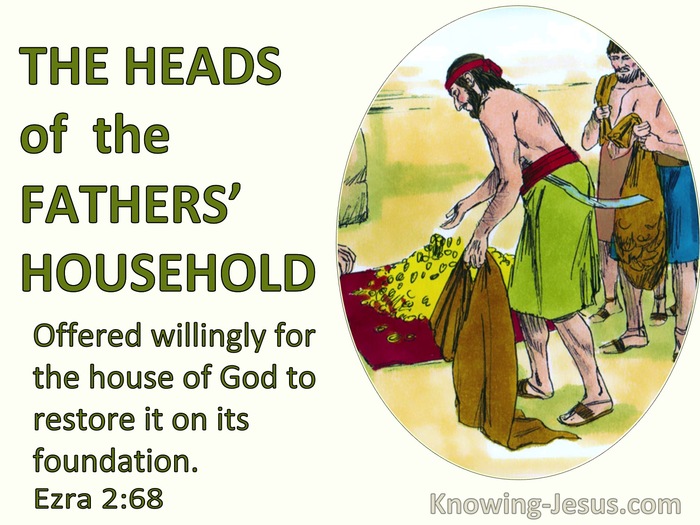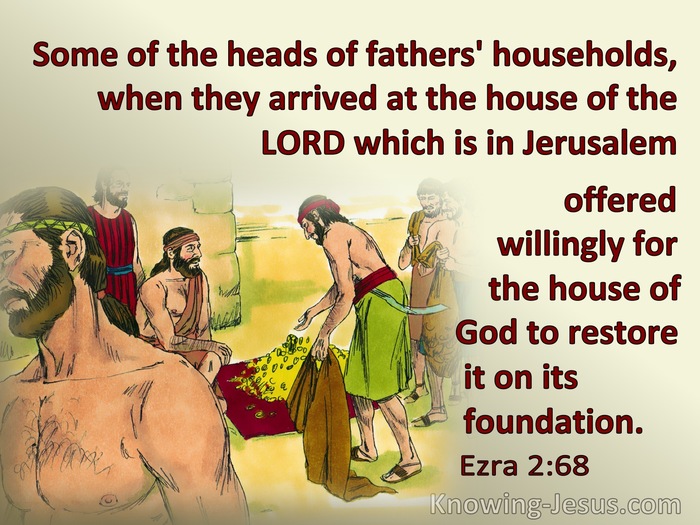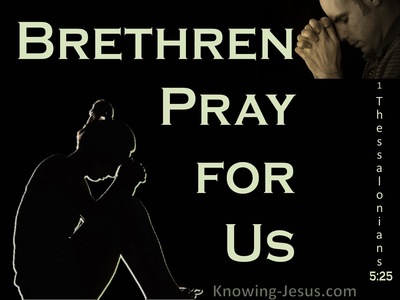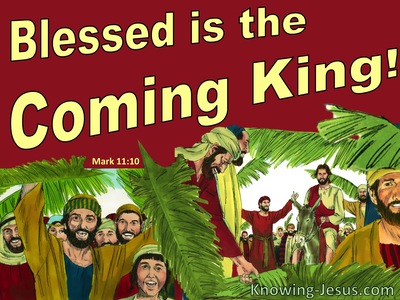◄ What Does Ezra 2:68 Mean? ►
Some of the heads of fathers' households, when they arrived at the house of the LORD which is in Jerusalem, offered willingly for the house of God to restore it on its foundation.
Ezra 2:68(NASB)
Verse of the Day
Following the 70 year long Babylonian captivity, there were three main occasions when Jewish exiles returned to Jerusalem. The first group of returnees came back with Zerubbabel, when a great caravan of people accompanied him. The important issue that faced this group was the rebuilding of the Temple so that sacrifices could once again be made to the Lord, as the Law commanded.
Many decades later, a second group returned with Ezra, after the Temple had been rebuilt and dedicated to the Lord. The challenge for this group was the spiritual renewal of the people of God. A third group came back with Nehemiah, after the attempted extermination of the Jews during the time of queen Esther, and through whose encouraging leadership the city wall was speedily rebuilt and its broken gates restored.
The initial group that returned with Zerubbabel covers the first six chapters of Ezra, who was both a scribe and priest. Ezra made a very detailed record of every person who returned to the promised land and listed the names, status, and numbers of returnees, carefully recording all the people by their family ancestry or the city with which they were associated.
Ezra also listed the priests, Levites, servants, and those who had no land inheritance. Finally, he arrived at a precise number of all the people and animals who returned: "The whole assembly numbered 42,360, besides their male and female servants who numbered 7,337; and they had 200 singing men and women. Their horses numbered 736; their mules, 245; their camels 67 and their donkeys 435."
It was only a small percentage of Jews who chose to return to the land of promise with Zerubbabel. Many of the exiles had built houses, produced families, planted vineyards, and become prosperous in various Persian cities. Life had become increasingly easy, and a large number of their fellow Jews preferred the fleshpots of pagan society with which they had become accustomed, rather than the prospect of hard work in the land of Israel.
There must have been great joy and much rejoicing when the first convoy set out with Zerubbabel to travel to their homeland after 70 years of exile, as foretold by Jeremiah. The Lord had moved the heart of Cyrus the Great to issue his decree to rebuild the House of the Lord, as foretold by Isaiah. Cyrus also instructed the citizens of Persia to give the returnees freewill offerings of gold, silver, and other valuable material, to finance the building of the Lord's Temple, similar to the time when the Israelites came out of Egypt with much Egyptian 'booty'!
On arrival in Israel, the people went straight to Jerusalem before returning to their hometowns. They went to see the site where Solomon's Temple stood before continuing to their ancestral cities, and Ezra records that when some of the elders arrived at the Temple in Jerusalem they: "Willingly offered to restore the house of God, on its foundation."
I am sure their joy must have been mixed with a certain amount of sadness when they caught their first glimpse of the charred ruins of the House of God. There was a willingness to give of their possessions for the rebuilding of the Temple and the making of the priestly garments. Their offering was not a required tithe or some demand for taxation. Gifts from this cheerful crowd were a freewill love-offering to the Lord and is a beautiful example of the verse in Corinthians which states: "God loves a cheerful giver!"
From start to finish, the life and times of Israel becomes an illustration to Christians of certain principles and practices to avoid and reject, and others to adopt and implement. We note that it was the head of the fathers' family that took the initiative to worship the Lord with a cheerful disposition in giving their free-will offerings. When church elders and/or heads of a family openly demonstrate their joy in the Lord, through cheerful giving and genuine praise, it has a wonderfully positive effect on the younger generation.
Once again, it was the elders who set correct priorities in going to visit the House of the Lord on arrival in Jerusalem, before beginning to establish homes in their own ancestral cities, and it was the heads of families who recognised the importance of restoring the foundations of their faith, which had fallen into such disrepair for so prolonged a period.
May the elders of our churches in this generation, husbands in their home, and the men of today, recognise the responsibilities they have in giving guidance to the younger generation and influencing a right attitude towards the things of God. May we all openly demonstrate our joy of the Lord, develop a cheerful disposition, and be willing to offer all we have and all we are to the God of our salvation.
My Prayer
Heavenly Father, thank You for the book of Ezra and the important lessons that we can learn from its pages. I pray that the Church of today would review its dedication to You. May church elders, husbands, and fathers, set an example as mature men of God who rejoice in the Lord, are cheerful in their giving, and live holy lives unto You. May all Your people recognise the priorities we need to implement in our lives, by making You the centre of our lives and families. Keep me low at the Cross, and help me maintain a witness of prayer and praise in all I say and do. This I ask in Jesus' name, AMEN.
Choose a Verse from Ezra 2
Ezra 2:68 Further Study
- Ezra 2:68 in the Parallel Bible
- Ezra 2:68 in the Thematic Bible
- Ezra 2:68 Cross References
- Ezra 2:68 Treasury of Scripture Knowing
- Ezra 2:68 Sermons
- Ezra 2:68 Prayers
- Ezra 2:68 Images
- Choose Chapter
Never miss a post
















